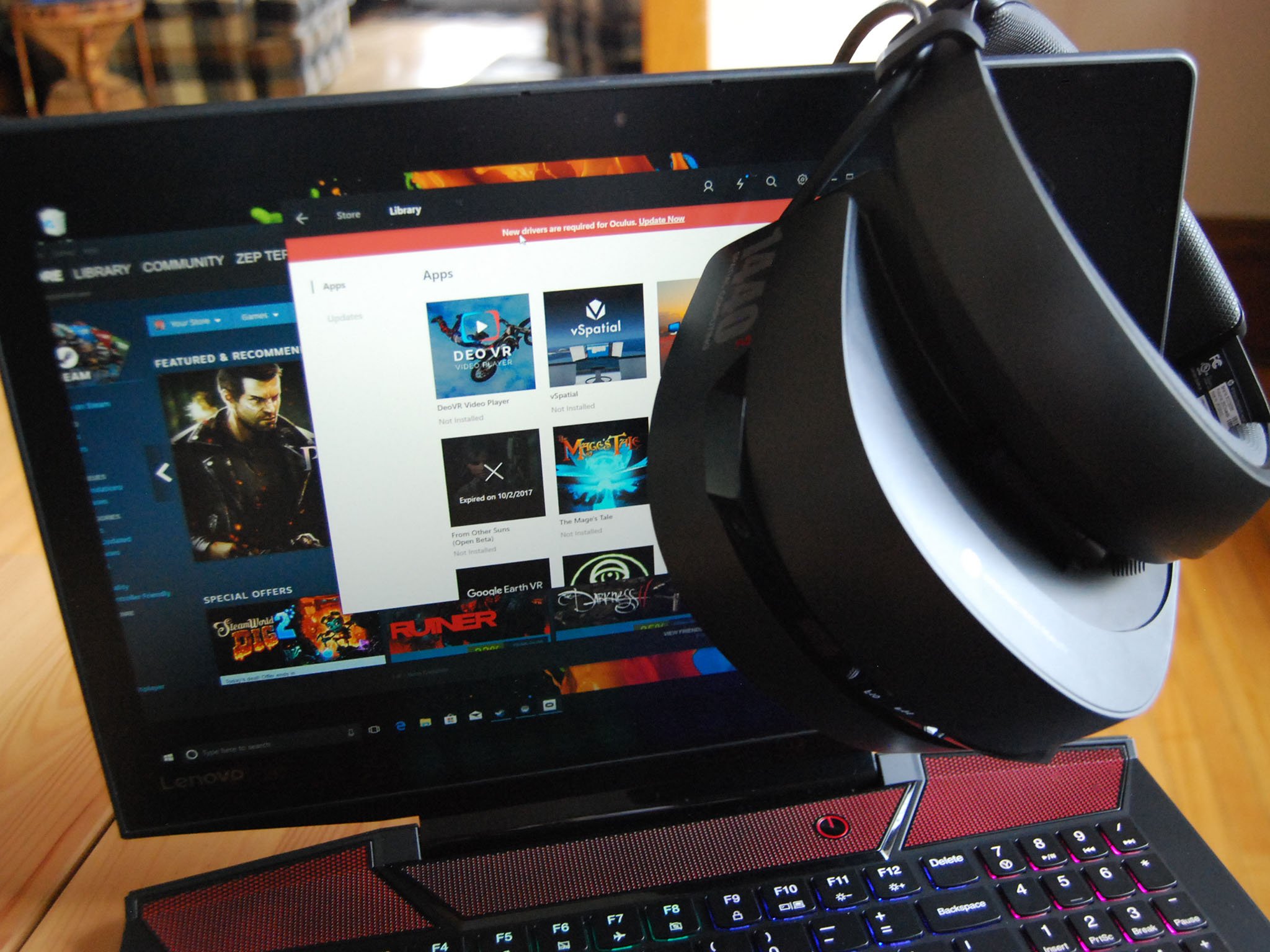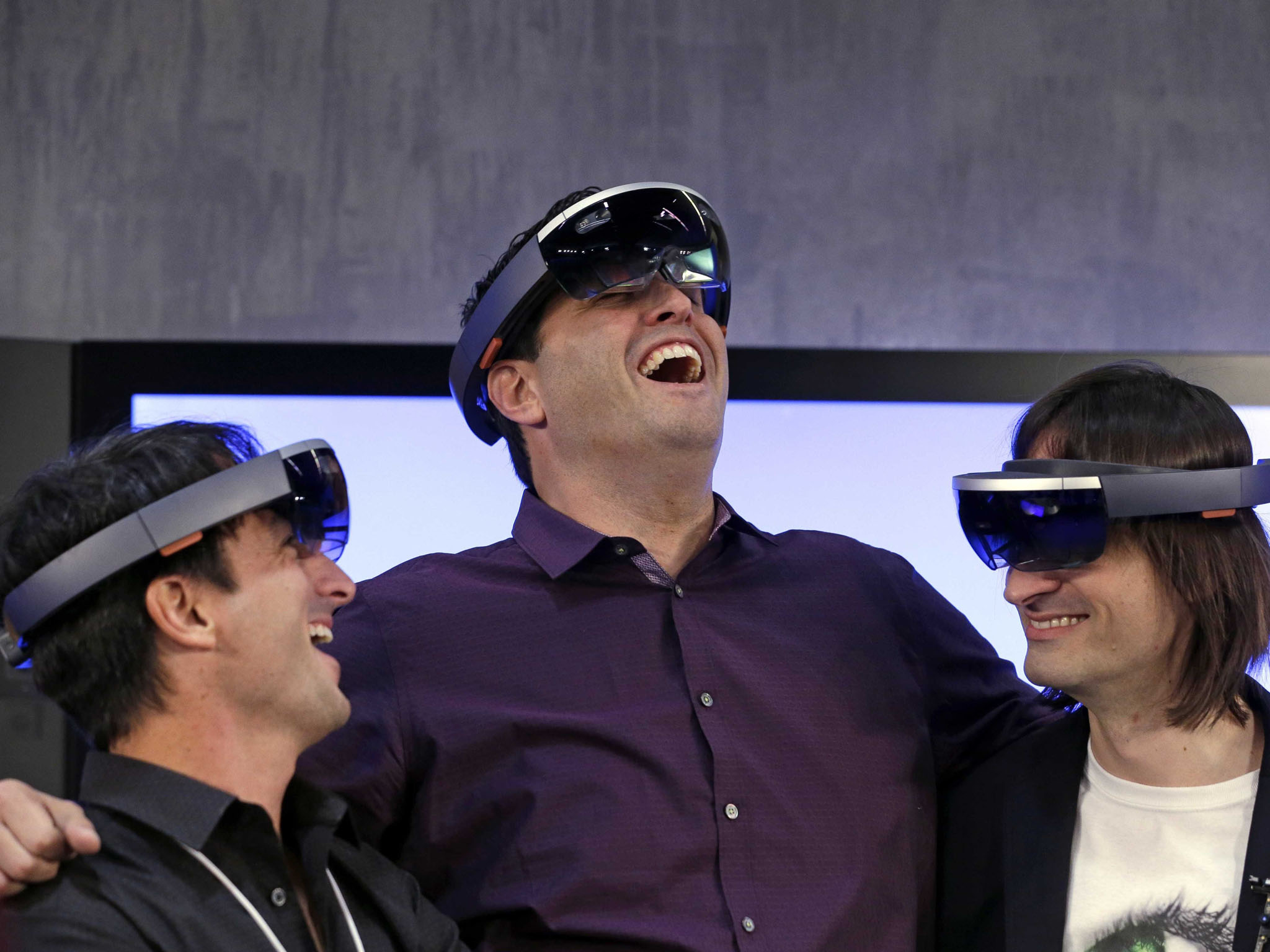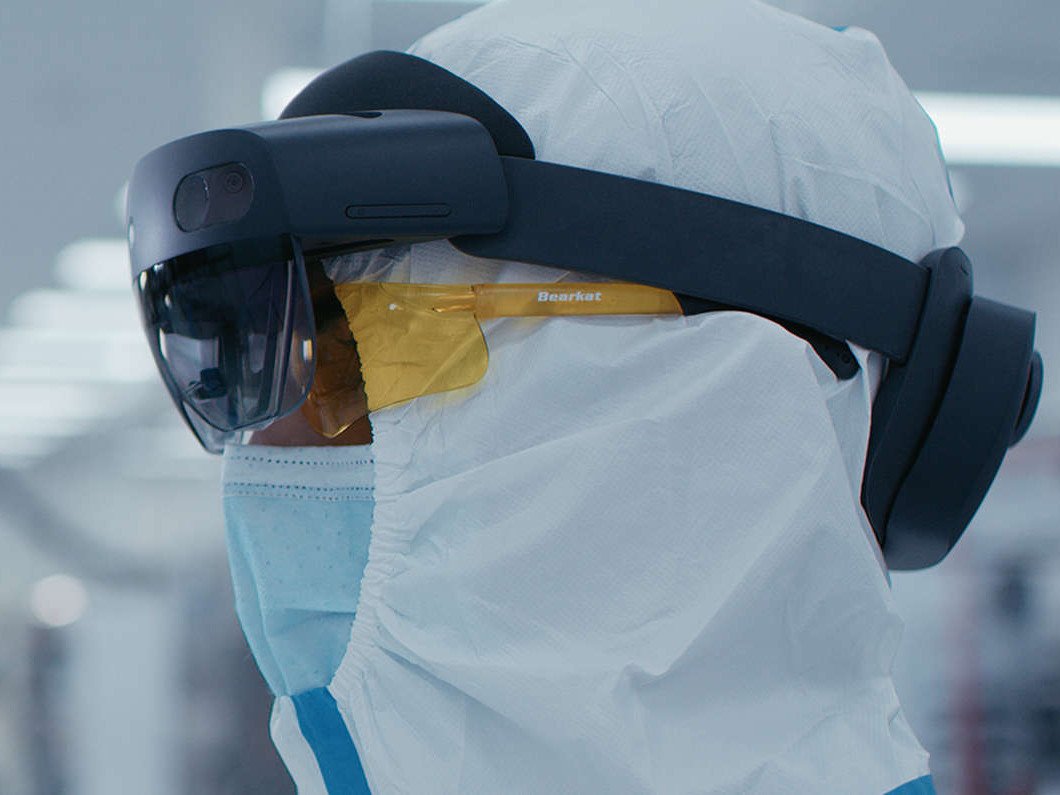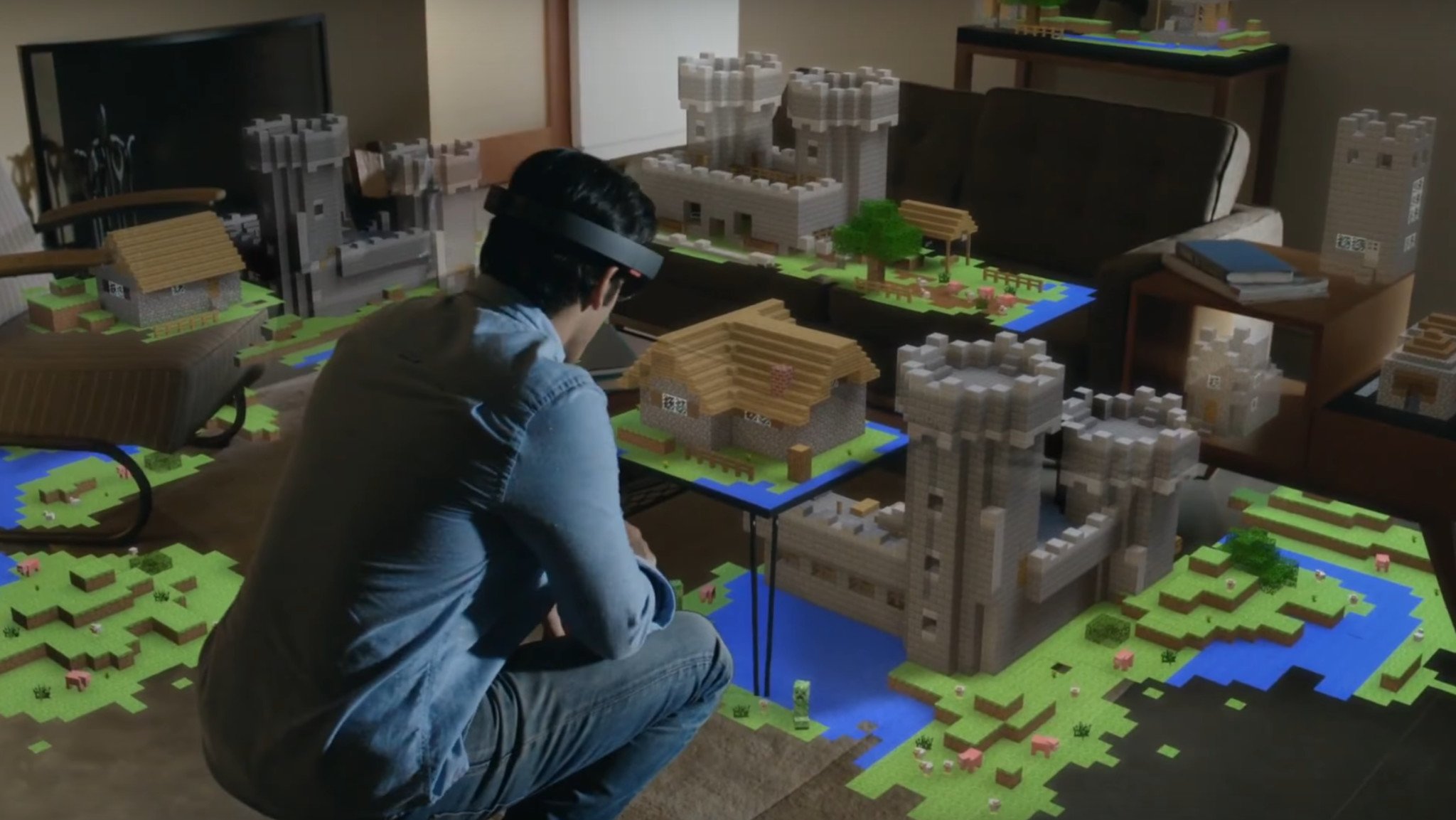Is the metaverse the great equalizer?
Imagine, if you will, that there's an upside to all this buzzword blather.

All the latest news, reviews, and guides for Windows and Xbox diehards.
You are now subscribed
Your newsletter sign-up was successful
We've already heard the rants and raves about how content-devoid the term "metaverse" is at its current stage. It's no secret that, since October 2021, virtually every tech company has thrown the word around without fully understanding what it means. But what if this lack of clarity and consumer understanding is actually a good thing, at least for the time being?
A lot of modern tech sectors are in a place where someone who's absolutely clueless about what's going on isn't going to have the easiest time hopping in. It's simple enough for savvy folk to make sense of generational upgrades like what's happening in PC hardware or with the Xbox Series X and oddities like the Surface Duo 2. But think of all your technologically challenged friends and how much of a hassle it is to explain these things to them from the ground up. What if the metaverse is the key to fixing this knowledge gap?
It all starts with corporations

When even the big corporate dogs don't know what they're saying, that's a good indicator that some universal definitions need formulation. And in time, there's a chance that companies such as Meta, Microsoft, and all the others will get it together and craft a definition that effectively frameworks an industry-wide set of technologies and principles. If this happens — and that's a big "if," but please, humor the idea — then there'll be a collective industry wave of corporations going, "We need to educate the consumer now that we know what we've been saying for years."
At this point, we'll see a concerted metaverse marketing push from all corners of tech attempting to get people up to speed on the metaverse. Remember when this happened with social media and is effectively why, to this day, Facebook is full of decently produced (if socially awkward or offensive) profiles from those relatives you try to avoid at Thanksgiving dinner? This is an example of what happens when corporations decide it's time to get Earth's population up to speed on new toys.
Trickle-down education economics

Lots of tech, be it game consoles, PC hardware, or high-end phones and their associated minutia are easy enough to learn about if you spend a few hours researching and have a decent amount of background knowledge. But take away that background knowledge and all of a sudden a few hours of research balloons into a mammoth research assignment, the kind that's so time-prohibitive and confusing that many "normies" will just hop ship altogether. That's why we have some console gamers hesitant to move to a PC gaming setup. That's why there are older folks still wholly reliant on flip phones. That's why many people get so bamboozled when something like Windows 11 comes along.
But with the collective power of Big Tech fueling a single, cohesive educational campaign, we could see tides change. If that consortium manages to boil down the premise of the metaverse to a one-sentence Ready Player One sales pitch, e.g., "Put on these glasses and you can live-action roleplay as the person you wish you were," and companies are able to produce tech like the Oculus Quest 2 where it's as simple as, "Wear this gadget and be done with it," then we'll be cooking with gasoline.
It'll be like a domino chain. The Big Tech folks will figure out what the metaverse is and boil it down to something digestible for the masses, the tech-savvy early adopters will hop in, education efforts will continue and the young masses (think the generation that drove smartphone adoption) will join, followed rapidly by said normie masses' older family members, and soon enough, everyone and their grandma will understand the concept of "glasses, metaverse, future."
All the latest news, reviews, and guides for Windows and Xbox diehards.
An empty buzzword filled with potential

Right now, few people understand what the metaverse may entail. Really, it's the VR, AR, and mixed-reality enthusiasts who have an advantage, but they're a micro-percentage of the overall tech community. Everyone else is clueless, meaning this may be the great equalizer.
If the metaverse is truly set to become the next internet, this will be the fresh start so many people need to become knowledgeable and relevant again. The grandparents who don't understand email, the friends who don't "get" PC hardware, the more casual gamers who've never heard of Steam and don't know what gaming is all about these days — all of those groups can join the next "big thing" and once again become relevant in modern society. By creating a buzzword hurricane, Meta may have indirectly kickstarted an industry-wide metamorphosis that could, if all goes well, allow the forgotten to rejoin those who wear plastic bricks on their faces in the (artificial) sun.
There'll always be a place for those who reject modernity — in our social-media-afflicted, screen-obsessed world, tech deniers are often some of the happiest people on Earth. But for those who wish they could understand what the heck is going on, the many who just want to be a part of the greater tech landscape once more, the metaverse may very well be that gateway in the coming years and decades. After all: If everyone's uninformed, no one's uninformed.

Robert Carnevale was formerly a News Editor for Windows Central. He's a big fan of Kinect (it lives on in his heart), Sonic the Hedgehog, and the legendary intersection of those two titans, Sonic Free Riders. He is the author of Cold War 2395.
